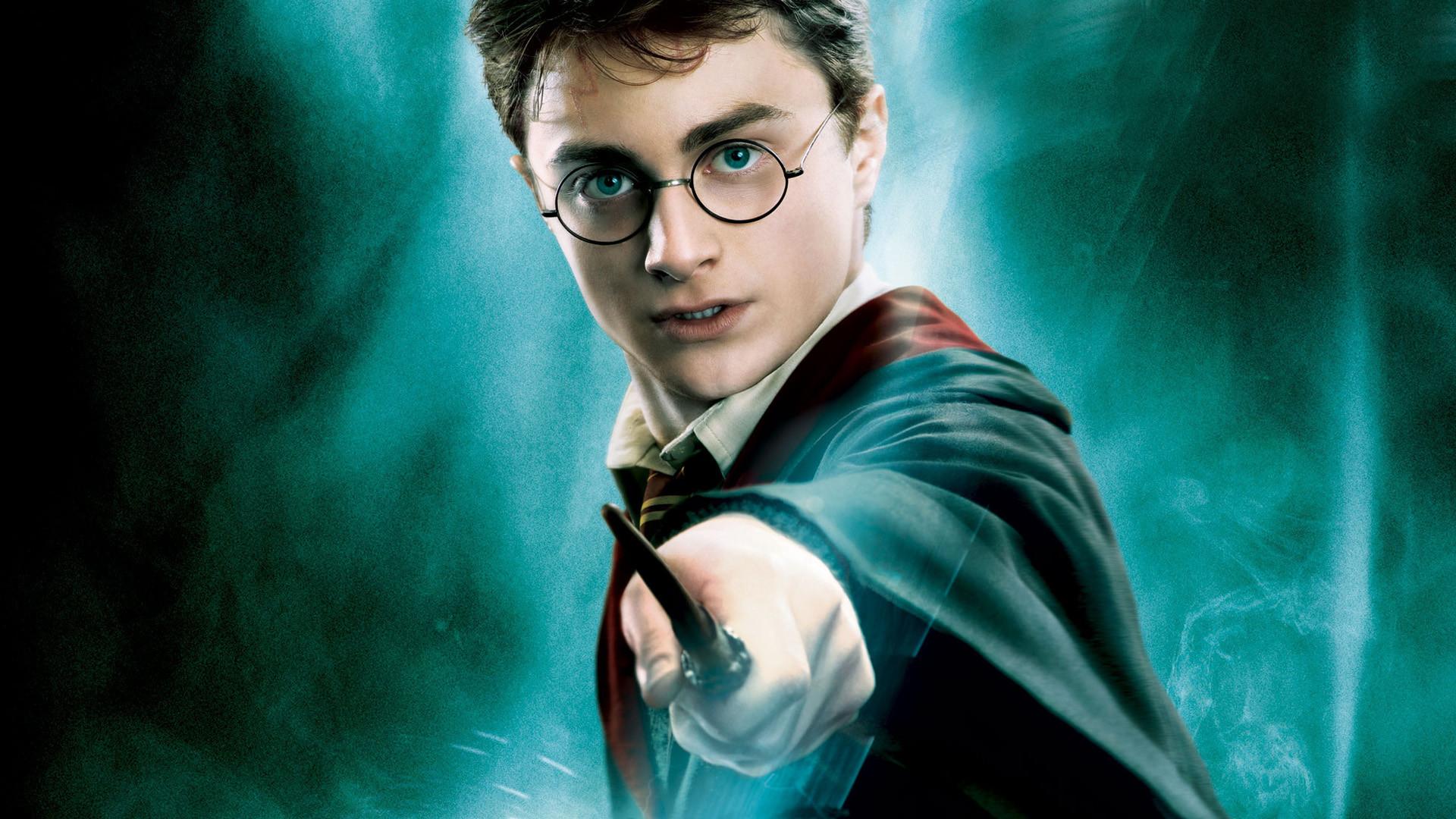This article first appeared in Fiddler’s Green Peculiar Parish Magazine.
In a quiet and otherwise polite video interview posted online a few years ago, writer and professed magician Alan Moore is confronted regarding what his years of arcane study and practice have netted him in terms of supernatural powers:
“Can you do real magic?” asks the young woman seated across from Moore, who is relaxing on a sofa.
“Well, yeah,” he replies, visibly flustered by the question. “I mean, it’s sort of more metaphysical, but it’s still real magic. It’s just that it’s a more ephemeral, ethereal kind of thing that we’re talking about.”
“Yeah, so you can’t then?”
“No, what I’m saying is, that I can do it—definitely—it’s just that, you have to be in the right mood. You can’t just do it at the drop of a hat. But yes, I can definitely, definitely do, like, real magic.”
“All right. So what about giving us a demonstration. Could you, like, blow something up with the power of your mind?”
Moore shifts in his seat and looks around nervously. “Yeah. Yeah, I bet I probably could. It would have to be something small, because… Not that I haven’t got a very, very powerful mind…” He plucks a tangerine from the bowl of fruit on the coffee table in front of him. “I mean, like, I could probably blow this up with my mind. Tangerine? Would that satisfy your doubts?”
“Yeah, go for it. Go on, then. Give it a go.”
Moore sets the tangerine on the table. Without getting up from his seat, he clenches his fists, leans in, and glowers at the unaffected piece of fruit. He grunts, frowns, and rocks back and forth, appearing to focus a great deal of mental energy.
His interviewer soon tires of this and, turning to the camera, says, “Well, there we have it. I think we’ve demonstrated conclusively…” And mid-sentence her head explodes and all hell breaks loose on the set. Moore is left on the sofa, dumbfounded, and when the camera turns to him again he simply gives a quick and sheepish grin.
The dramatic scene is all a joke and a special-effects showcase, of course, and could stand alone as that. But it also deftly and humorously illuminates the chasm between the popular depiction of “real magic” and its actuality.
In fiction—be it film, literature, or games—we regularly see magicians shooting forth forking bolts of raw mystical energy, apparently the manifestation of compressed emotion or bottled righteousness. It never fails to impress, and rightly so. Who wouldn’t want, if backed into a corner, to be able to retaliate with a self-generated lightning storm?
But these popular stories miss the point of a life devoted to magical study, its end goal being something much different and less flashy than becoming an electric gunslinger. None of us, magician or not, can explode a tangerine with the power of our mind. What we can do, engaging in it on a daily basis, is project power through our gaze, our speech, and the movement of our bodies. This may hardly seem like magic, but it is. We imagine something we want — possessions, connection, influence — and we go about getting it, using means more subtle than brute physical force to affect the outcome. Rhetoric, seduction, humor, and intimidation are powerful and persuasive weapons in the magician’s arsenal. We’ve all felt the effects of these types of rays, and maybe even fired a few on purpose. Make no mistake, this is powerful magic with undeniable consequences.
I would venture to guess that there’s been a time you’ve locked eyes with a stranger and instantly experienced a flash of desire, sensing that the feeling was mutual. You have uttered magic words to someone that, for better or worse, worked, their effects irreversible. And, in the more sublime moments of this earthly life, you’ve known the ecstasy of a beloved’s touch, your body and spirit reeling from the electricity barely contained in their fingertips. This intoxicating sequence of seductive persuasion is just one avenue of magical engagement.
Seducers aside, many people have elevated persuasion to an art form, if not a career. Advertisements feature models projecting desire in order to sell a product or an idea. Preachers, politicians, and comedians engage the emotions of their audiences to win sympathy. In the mock combat known as “the dozens,” two rappers face off for a verbal showdown, each building himself up and simultaneously exploiting his opponent’s weaknesses through witty, rhymed braggadocio. Even people ostensibly “working together” at day jobs plot their personal rise at the expense of others, not by literally “throwing them under the bus,” as the horrible water-cooler phrase goes, but finding figurative ways to do the same.
The Tools of Engagement
A shy person is often easily threatened, and a roll of the eyes, a glare, an insult, or a strongly worded challenge will go far in dominating them on the magical battleground, which is largely psychological. Whether or not one is predisposed to aggression, be it for offense or defense, much can be gained from developing our less brutish means of persuasion, and by thinking of these strategies not as weapons for combat but as multipurpose tools. More people use knives for making dinner than for mugging, and magic doesn’t have to be destructive, manipulative, or a zero-sum contest of wills.
This is a constructive reminder to magicians, who tend to be reflective and aware of the world’s interconnectedness, and more peace-loving as a result. We don’t have to react to violence with violence. We can defuse situations, turning confrontations into opportunities to connect. How wondrous it is for the more demure among us when we realize the power we have at our disposal, and how effective it can be, even when we’re not trying, and whether or not we notice its effect on others. By considering our natural tendencies toward these various tools we can practice using them, and as we grow in confidence we can begin to develop other means of persuasion. As long as we think of these interactions as empathic rather than aggressive or manipulative, we will soon realize we have less need to defend ourselves, because we won’t feel backed into corners quite so often.
This is the sort of battle magic I long to see, real magic in real life. It doesn’t have to be confrontational but can be nimble like a dance, cooperative like a potluck meal, or collaborative like an animated conversation. Opportunities to engage come up constantly, and with a bit of practice we can learn to recognize them and consciously join in, using our inherent magical tools to negotiate the outcome.
Much like the episode shown in Alan Moore’s video, I have been challenged to demonstrate supernatural phenomena on the spot, both by friends during quiet conversations as well as by interviewers during national broadcasts. In the absence of a ready response, it can be an awkward situation. Do they really expect me to blow up a tangerine? The dare may come from a place of genuine curiosity on the part of the asker, but is often rooted in feelings of insecurity and the sense they are “missing out.” The real question seems not to be “Can you do real magic?” but “What’s so great about magic, anyway?”
Or perhaps they want to know why anyone would devote so much attention and time to something that, seen from the outside, can seem illogical, childish, and absurd. But all the same they do crave a demonstration, and I try my best not to let them down. I begin by admitting I don’t have magical powers on par with Green Lantern or Harry Potter, or even the ability to mutilate a measly tangerine without using my hands, and instead talk about the question itself. (If my experience had been otherwise, I would talk about that!) I describe the effects magical study has had on my life, my work, and my relationships with other people. I mention instances where it has augmented my understanding of the world and my place in it, and how it for the most part makes me a happier person.
Non-magically minded people (and to be clear, anyone who asks an unassuming magician for a flashy demonstration is a non-magically minded person) may relish the chance to poke holes in any argument you give them. They may want to prove that you are delusional, or worse, that you are manipulating others. They would like to engage in battle magic with you. If you accept the challenge and step in the ring, do so on your own terms. Unlike in the movies, a magical battle isn’t an opportunity for one person to overpower another, to chalk up a victory or a defeat. Instead, it gives us a chance for a third outcome, one of greater understanding between two people and perhaps, of magic itself.















